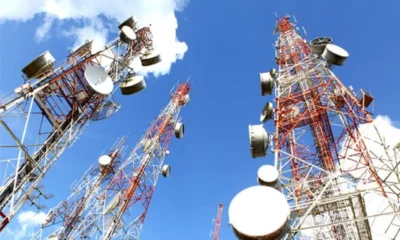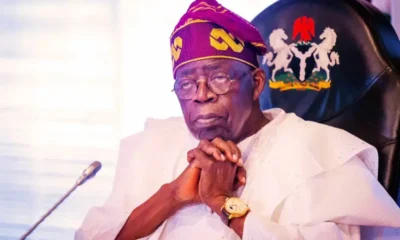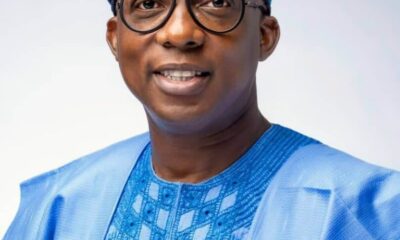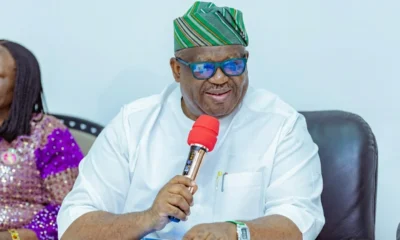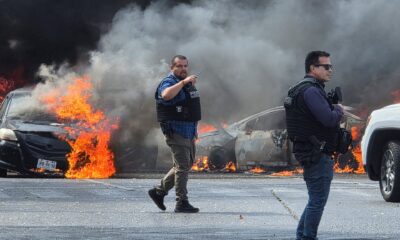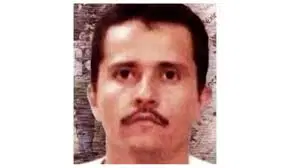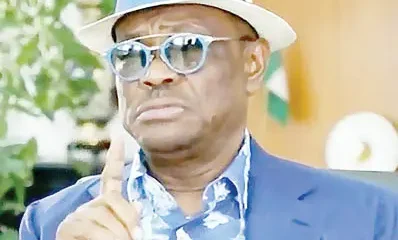Opinion
On coup-baiting and coup-mongering
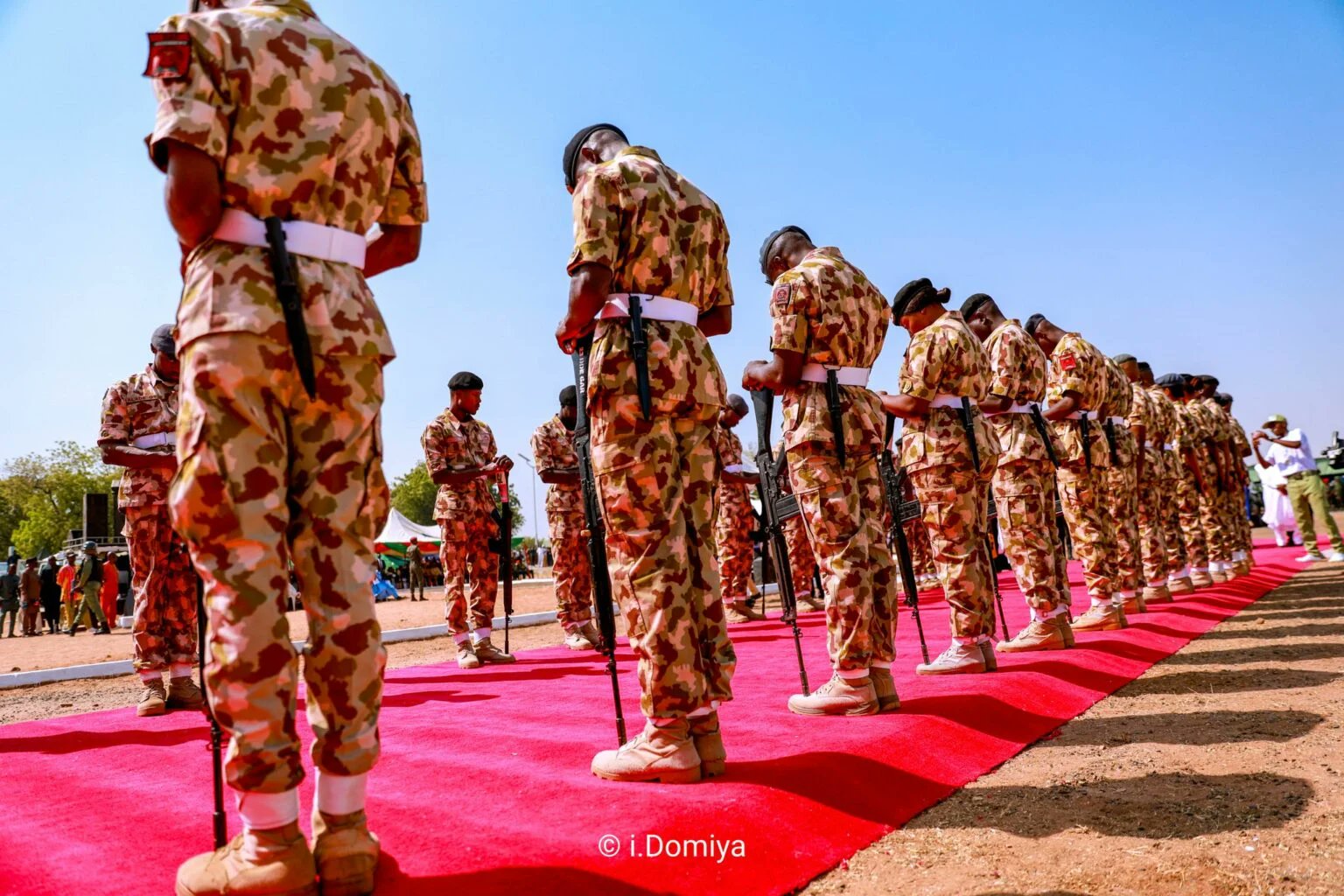
In the early hours of Saturday, December 31, 1983, we woke up to martial music on Radio Nigeria. A military officer, who identified himself as Brigadier Sani Abacha, announced the overthrow of the democratically elected government, led by President Shehu Shagari. “You are all living witnesses to the great economic predicament and uncertainty which an inept and corrupt leadership has imposed on our beloved nation for the past four years,” he said, citing as evidence the “harsh, intolerable conditions under which we are now living”. He said the economy had been “hopelessly mismanaged” and we were now “a debtor and beggar nation”. He said the right things, things we wanted to hear.
Hear Abacha: “There is inadequacy of food at reasonable prices for our people who are now fed up with endless announcements of importation of foodstuff; health services are [a] shambles as our hospitals are reduced to mere consulting clinics without drugs, water and equipment. Our educational system is deteriorating at (an) alarming rate. Unemployment figures have reached embarrassing and unacceptable proportions. In some states, workers are being owed salary arrears of eight to twelve months and in others there are threats of salary cuts. Yet our leaders revel in squandermania, corruption and indiscipline, and continue to proliferate public appointments…”
Some of us celebrated the coup because we did not like Shagari — although, truly, the economic hardship was brutal. The price of crude oil, our sole export, had fallen and our FX reserves had plummeted. Shagari announced an economic emergency (“austerity measures”) — but the exchange rate remained officially fixed, thereby discouraging inflows. FX dried up. Only those with government connections had access to it. For an import-dependent country like Nigeria, it was hell. Inevitably, traders could no longer import basic commodities as letters of credit could not be opened for them. Scarcity of goods ensued. Prices of rice, milk and detergents doubled. We went into severe pain.
Abacha’s coup broadcast was music to my ears. My grandmother was a staunch supporter of Chief Obafemi Awolowo of the Unity Party of Nigeria (UPN) and was convinced that the 1983 election was rigged in favour of Shagari. She was also a trader and a retailer, so the economic situation hit her very badly. She had no reason not to be happy with the coup. I was not of voting age yet, but I was a fierce supporter of anyone my grandma supported, so I was also happy with Shagari’s ouster. My grandpa had defected from the UPN to Shagari’s National Party of Nigeria (NPN) in 1983. All I could recall hearing him mumble was that he hoped there would be no bloodshed like in 1966 and 1976.
Our hopes for economic recovery that had been raised by Abacha’s stirring coup speech disappeared in no time. With oil prices still down and foreign reserves following suit, our debts piled up and we were no longer creditworthy as a nation. Basic goods were no longer available in the open market. The military government, led by Major Gen Muhammadu Buhari, resorted to importation of essential commodities, aka “essenco”, and started rationing them. We queued up in townhalls to buy soap, rice and milk. Many factories shut down operations as they still could not access FX to import spare parts and raw materials. “Retrenchment” and “no vacancy” became buzz words in corporate circles.
As I was saying, Abacha had raised our hopes with his rousing coup speech. We believed him. But by May 1999 when the military restored democracy — after spending 16 years in power — neither inflation nor unemployment had been conquered. Corruption? We are still trying to recover much of Abacha’s loot as I write this. It was in billions of dollars. Abacha said the hospitals had become mere consulting clinics with no drugs. By the time the military was done with us, even the hospital beds were gone. Our refineries went down and we became net importers of petroleum products. We started living in darkness as the power sector went blank. And squandermania? Let’s not go there.
Do I need to repeat the emotional trauma and anxiety that the military subjected us to without the option of legal redress? There was freedom of speech, but there was no freedom to talk. Most privately owned newspapers and magazines were shut down at one point or the other. Journalists were detained endlessly without any explanation. Some were held in underground cells without access to sunlight. Some disappeared without a trace. Many were murdered. There was freedom of movement, but there was no freedom to walk. Protesting human rights activists and pro-democracy campaigners were habitually arrested and detained for months, sometimes for years, without trial.
In 1984, under Buhari, two journalists with The Guardian, Mr Nduka Irabor and Mr Tunde Thompson, were arrested over an exclusive story on ambassadorial postings. While they were in detention, the law to punish them was quickly enacted. The story was true but they were jailed for publishing “official secrets”. In 1992, under Gen Ibrahim Babangida, Mr William Keeling, a foreign journalist, was deported for asking questions about the spending of the Gulf War Windfall. Chief Gani Fawehinmi, the relentless crusader, was detained countless times. He was once arrested at night in Lagos and driven for 24 hours by road to be detained at Gashua prisons, the nation’s oldest and hottest jail.
In 1996, under Abacha, Mr Chinedu Offoaro, a journalist with The Guardian, disappeared. Till today, nobody knows his whereabouts. We presume him dead. Alhaja Kudirat Abiola, wife of Bashorun MKO Abiola, was assassinated in daylight beside 7Up, Ikeja, Lagos. Pa Alfred Rewane, a 79-year-old businessman, was murdered on the suspicion that he was funding the National Democratic Coalition (NADECO), the leading pro-democracy group. Mr Alex Ibru, publisher of The Guardian, was shot in the eye at Falomo, Lagos, in a failed assassination bid. Chief Abraham Adesanya, leader of the Afenifere, survived a rain of bullets on his car at the Sangross area of Lagos. This is just the shortlist.
Some people say that the military built Third Mainland Bridge and the National Theatre. In that case, civilian governments also build bridges, roads and stadiums. All it takes to build infrastructure is awarding contracts. There is nothing military or civilian about that. I hear people say politicians are corrupt. Good point, but soldiers are no saints. Abacha loot is my key witness. And who are you to question or investigate a military government? Are you drunk? I agree that the prices of rice, garri and cars have quintupled after military rule ended, but those prices did not remain the same either when they were in power. How then does price comparison prove that military regimes are better?
Nothing in our experience recommends military rule as a better alternative. The ongoing coup-baiting is understandable to the extent that most Nigerians were either too young or had not been born during the era. So, they long for the apple on the other tree. Coup makers ride on people’s frustration and play on their emotions to make sweet promises. But they are not answerable to anyone. People can resist them, but at heavy costs. Protests, mostly by students and activists, were always punished with school closures, indiscriminate arrests and killings. Over 300 protesters were massacred in one day of protests in Lagos over the June 12 annulment in 1993. Actual massacre!
I also understand that some love coup-baiting and coup-mongering because they are sore losers. They are bitter people. For them, if they would not have it, then no one else should. Let the military come and end it all! That also was my mentality in 1983. I was happy with the coup because I was unhappy my beloved candidate did not win. I know far better today. I find it sad that some members of the political class, rather than unite to chase away the fox before warning the hen not to wander into the bush, choose to play politics with coup rumours. This same mentality made the military get away with the June 12 annulment. It was a case of “if I wouldn’t have it, then let everything scatter”.
I need to now say that while it is the duty of every Nigerian to protect this democracy, it is the responsibility of the politicians to deliver good governance. They have to change their disgusting ways. Democracy loses its soul when it is disconnected from the people. Our democracy has been cornered by a mostly predatory elite who are busy feathering their own nest while preaching “sacrifice” to the masses. Enough of this extravaganza. Ordinary Nigerians need to own this democracy, but they cannot when they are treated as an afterthought and as a scumbag. These are the things some people see that make military rule, with all its false promises, attractive to them.
I conclude. Any adult who experienced or read about the horrors of military dictatorship in Nigeria and is involved in the ongoing coup-baiting and coup-mongering needs to have his or her head examined. I was born under military rule. I grew up, schooled, graduated and started working under military rule. I have now spent 26 years under an obviously imperfect democracy. I know which of the two I prefer any day, anytime. Sure, I am very unhappy and irritated with many aspects of our democracy. But, you see, democracy is never perfect. It grows and grows. I would pick this defective democracy above military rule a million times. At least, democracy still gives me a choice and a voice.
AND FOUR OTHER THINGS…
EMERGENCY BILLIONS
The Rivers state executive council has revoked the N134 billion contract awarded to CCECC by the emergency rule administrator, Vice Admiral Ibot-Ete Ibas. The mouth-watering contract was for the renovation and furnishing of the state secretariat complex, for which N20 billion had been advanced to the contractors. This just sums up the anomaly of the emergency rule imposed by President Bola Tinubu. Under a normal emergency rule, renovating a secretariat cannot be a priority. You do only the critical things to keep the state functioning. The moment it was announced that council elections would take place during the emergency, I laughed. Holding elections cannot be a priority. Politics!
CAT AND MOUSE
There is something somebody somewhere is not telling us about Mr Wale Edun, minister of finance and coordinating minister of the economy. Reports had surfaced online that he was seriously ill and had been flown abroad for emergency care. It was reported that President Tinubu was already shopping for his replacement. Some names had started circulating on WhatsApp. And then, the presidency announced that Edun was indisposed and would not be leading Nigeria’s team to the IMF/World Bank meetings. But, in a twist, we saw Edun at the Contemporary African Art Fair in London. And then he was back in Abuja attending functions. Wonders shall never end. Befuddling.
ONE HELL OF A JOB
Professor Joash Ojo Amupitan, the chairman of the Independent National Electoral Commission (INEC), assumed office on Thursday. The INEC seat is clearly one of the hottest in Nigeria. I usually argue that politicians are the most important actors who decide whether or not the electoral process will be credible. More often, it is their desperation to win that corrupts the system. But the INEC chairman is also a core actor because of the other key aspects to the process: planning, efficiency and transparency. Amupitan’s experience in organising elections is zero. His performance will depend on how fast he learns, as well as how well he conducts not just the elections but himself. Observing.
NO COMMENT
The trial of Mazi Nnamdi Kanu, leader of the Indigenous People of Biafra (IPOB), for alleged treason got more dramatic during the week with the withdrawal of his lawyers from representing him, plus his decision to represent himself. Kanu has now listed a number of defence witnesses he will call to exonerate him, notably two former army chiefs, two sitting governors, the DG of DSS, and the FCT minister. I should think that none of these people would show up in court to help his case but something also tells me he knows what he is doing, even if I have not the foggiest idea. If President Muhammadu Buhari were alive, I’m sure Kanu would also have listed him as a witness. Hahahaha…
•Written By Simon Kolawole
-

 Politics19 hours ago
Politics19 hours ago2027: Real-time results transmission achievable, say telcos
-

 Business23 hours ago
Business23 hours agoNUPENG asks Tinubu to clarify new executive order on oil and gas industry
-

 News23 hours ago
News23 hours agoMonthly environmental sanitation yet to resume – Lagos
-

 Business23 hours ago
Business23 hours agoDangote Refinery targets depot owners, major marketers in new marketing model
-

 News22 hours ago
News22 hours agoActivist kicks as Plateau sponsors pilgrims with N7.48b
-

 World News23 hours ago
World News23 hours agoViolence erupts across Mexico as army kills drug cartel leader
-

 World News18 hours ago
World News18 hours agoNemesio Oseguera, the brutal Mexican drug lord known as ‘El Mencho’
-

 News15 hours ago
News15 hours agoWike Nullifies Over 400 Land Titles In Abuja



